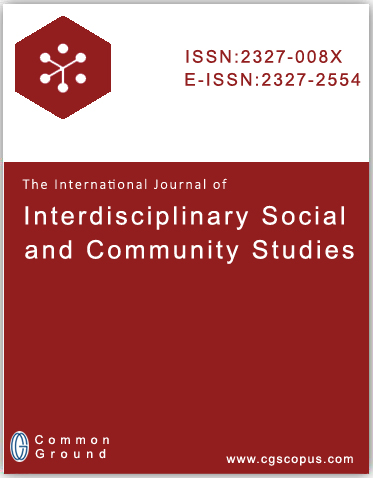Cultural Identity Expressed Through Folk Music Traditions
DOI:
https://doi.org/10.18848/9nm13x26Abstract
This study explores how folk music traditions serve as powerful expressions of cultural identity, focusing on Indian examples such as the Baul of Bengal and the Bihu of Assam. Folk music, deeply rooted in community life, encapsulates the values, beliefs, and emotions of people while preserving their historical and spiritual consciousness. Through lyrical narratives, rhythmic patterns, and symbolic performances, these traditions transmit cultural memory across generations, reinforcing a shared sense of belonging. The research highlights that folk music is not static; it evolves through adaptation and innovation, responding to social, political, and technological changes. Despite the influences of modernization and globalization, these musical forms continue to sustain their authenticity and relevance, acting as living cultural heritage. By examining both regional diversity and universal themes, the study emphasizes how folk music becomes a medium for resilience, identity negotiation, and cultural continuity. Ultimately, it underscores the enduring role of folk traditions in shaping the collective consciousness of communities and in maintaining the intricate link between art, society, and identity in the contemporary world.










